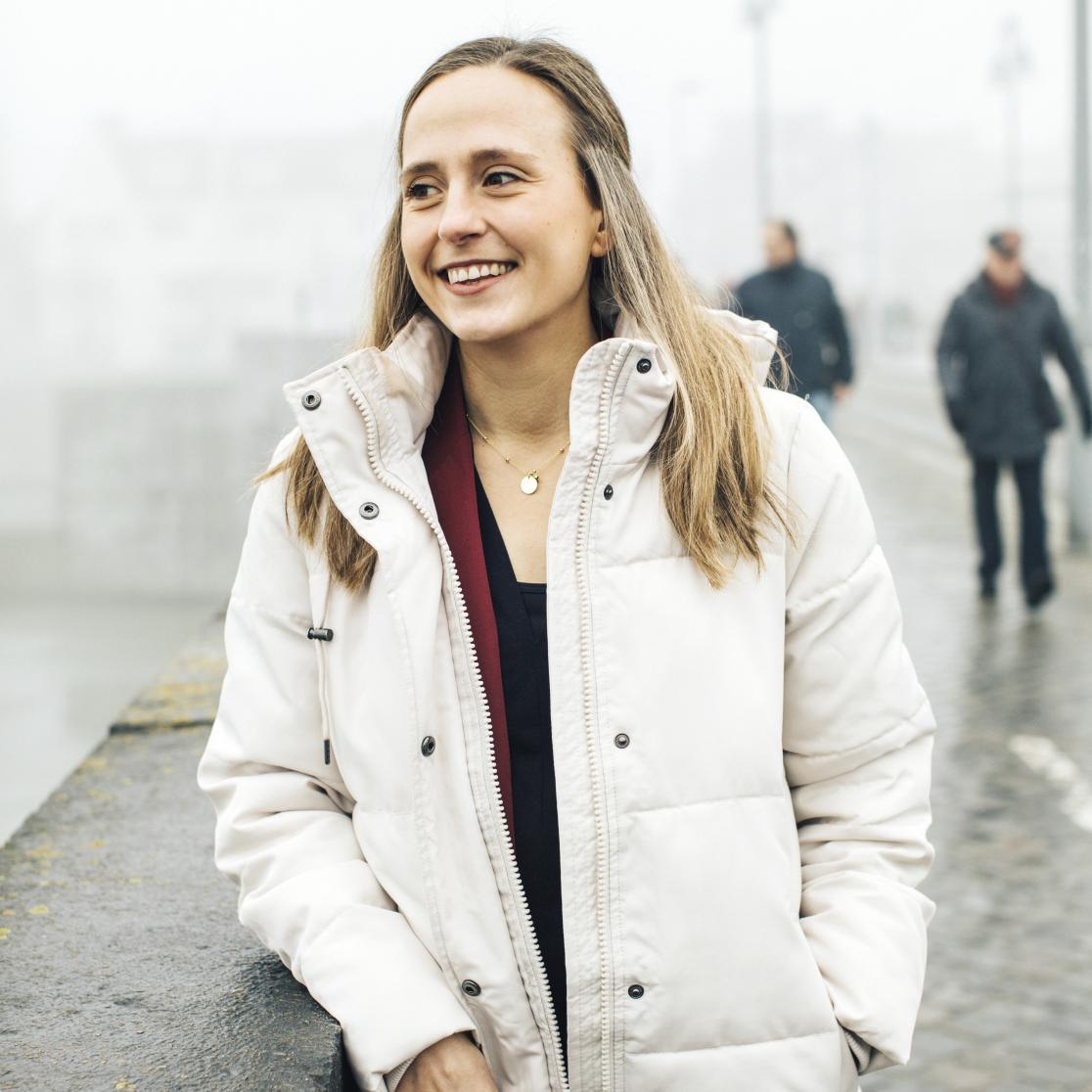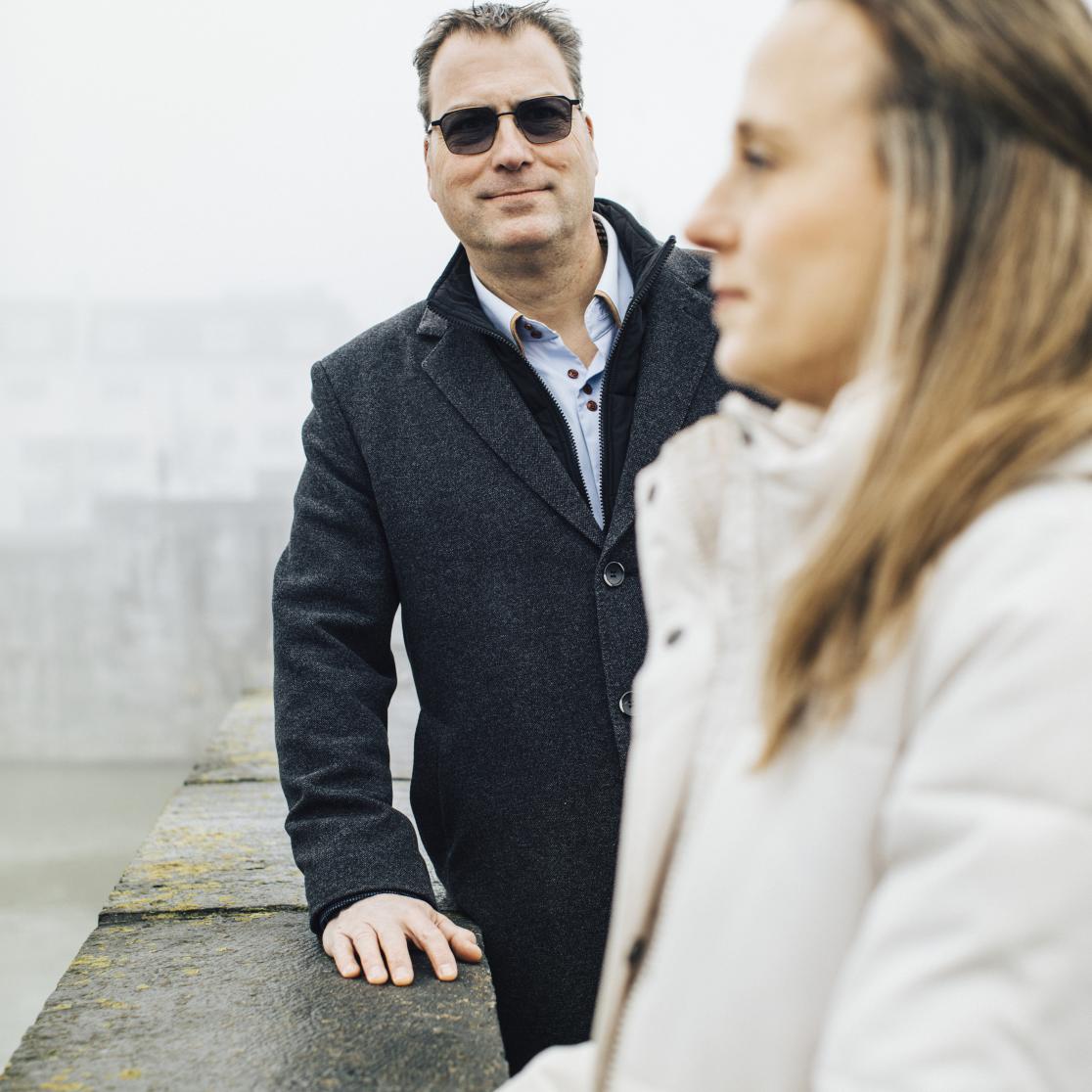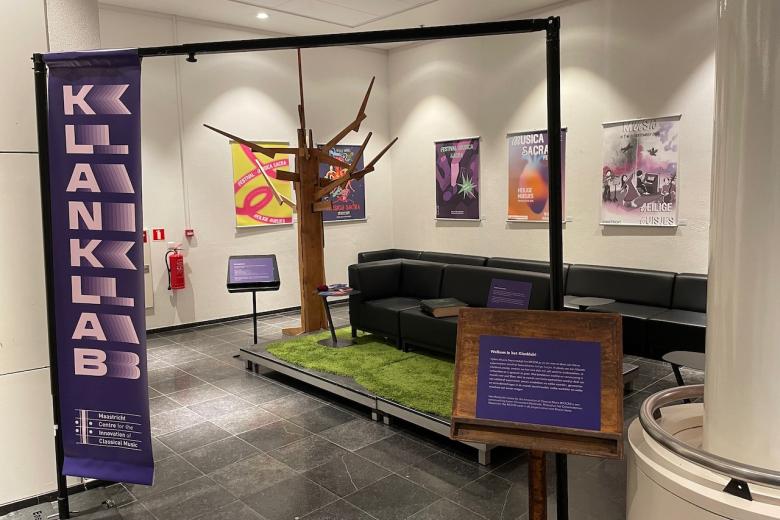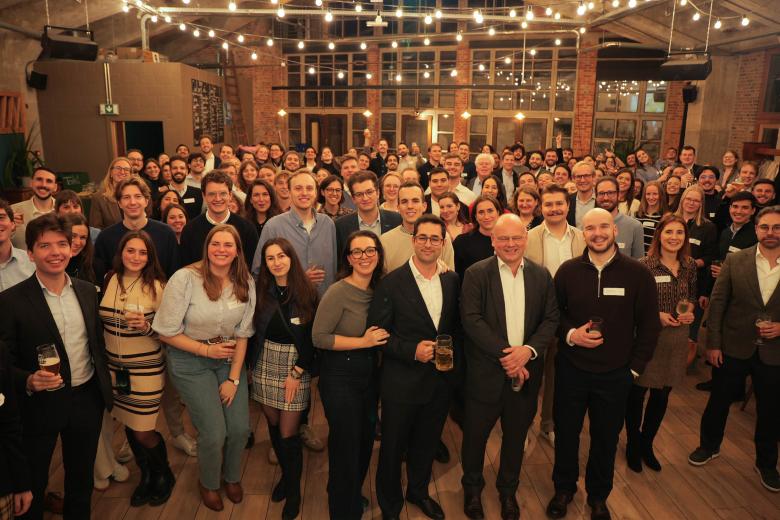How to increase vaccination rates: “It’s not a matter of convincing people”
Last year, at least eight people—the highest number since the 1960s—died of whooping cough in the Netherlands. Most of them were babies. Behind this tragic statistic lies a years-long trend: fewer and fewer parents are vaccinating their children against serious infectious diseases, which jeopardises herd immunity. How can we turn the tide? Veja Widdershoven recently obtained her PhD for her research on vaccine willingness. “Why do we doubt something that is so effective?”
Initially, Veja Widdershoven wasn’t particularly drawn to doing a PhD. But the subject matter appealed to her, so she applied. “Even though it was for a PhD programme,” she says with a laugh. During the first interview, she felt an immediate click with supervisor Christian Hoebe and decided to take the plunge. “I sensed straight away that it could be a very complex matter—and that’s what I like so much about it.”
In her dissertation, she discusses the factors that play a role in whether people accept or refuse a vaccination. She also investigates whether motivational interviewing is an effective method to increase parents’ willingness to have their children vaccinated.
One size doesn’t fit all
Notably, she found that the motivation differs per vaccination. “Take outbreaks—people are afraid of getting sick and are therefore more likely to get vaccinated. If you then look at the vaccinations of pregnant women, this doesn’t appear to be an issue for expectant mothers. They want to make sure their child stays healthy, so the consideration there is, can a vaccine offer my child protection?”
There are also major differences between the DTP (diphtheria, tetanus and polio) and MMR (mumps, measles and rubella) vaccinations for nine-year-olds, and the HPV (human papillomavirus) vaccination for ten-year-olds. “Parents of children who have missed the DTP and MMR vaccinations tend to report practical obstacles, such as an inconvenient time or a missed call. With the HPV vaccination, which has only recently been offered to boys, they’re more likely to wonder why it’s necessary. They just have less faith in it.”
Fundamental opposition
Vaccination coverage has long been declining throughout the West, but the Covid pandemic sharpened the public debate. “Since then, disinformation and mistrust have increased. It’s a general trend you see throughout Europe,” says Christian Hoebe, professor of Social Medicine specialising in Infectious Disease Control. “What I find hopeful is that very few people actually refuse vaccination on principle. There’s a large group that hasn’t been vaccinated but still shows quite a bit of movement.”
This is what most surprised Widdershoven. “I started out with the idea that there are people who refuse vaccination and people who accept it. I didn’t expect there to be so much doubt in between.” Her research shows that the doubts of people in the latter group can be reduced by entering into dialogue and addressing their questions. “The principled refusers have already made up their minds,” Hoebe says, “so with them there’s no point in trying.”
Decision-making process
In half-hour sessions with parents whose children had not been vaccinated, healthcare professionals from the South Limburg Public Health Service (GGD) put motivational interviewing into practice. “The goal is not to convince them, but to help them take the next step in their decision-making process,” Hoebe explains. “Ultimately, they have to make the decision themselves. But that decision should be based on the right information that answers their questions.”

The advice of healthcare professionals can make a big difference, as became clear from interviews with midwives and gynaecologists. “When it comes to vaccination, they’re often asked, what would you do? That’s a clear request for advice,” Widdershoven says. “Yet, midwives and gynaecologists are reluctant to give their own opinions because they’re trained to give neutral counsel. We were shocked by that.” It’s strange, Hoebe adds, that vaccination is treated differently than, say, smoking. “Most professionals will say smoking is bad for you and advise you to quit. Patients can then choose whether or not to follow that advice. As healthcare professionals, we have no doubts about that at all. So why with vaccination?”
Confidence
Despite her initial hesitation, Widdershoven enjoyed the PhD process. “Christian had faith in me, which made me believe in myself. And once that happens, it just takes off.” Hoebe: “Veja has tremendous passion for this subject. I once joked that Veja stands for vaccinate ja. She’s also great at connecting people and has a very disarming attitude.”
Widdershoven will continue to be involved in new PhD research on vaccination coverage at AWPG Mosa, the Academic Collaborative Centre for Public Health. The focus will be on how to make the vaccination experience more accessible and pleasant, and how to improve vaccine communication with people with lower levels of literacy.
“Together with motivational interviewing, these are the ways to boost the vaccination rate,” says Hoebe. “In terms of vaccination coverage, not a single municipality in South Limburg is at the level we would like, which means there’s a realistic chance of an outbreak.”
Text Jolien Linssen
Photography Hannah Lipowsky

Also read
-
More than a student job: five alumni about their unique role in groundbreaking vascular research
What is it like to take part in cutting-edge vascular research as a student, standing in the operating room, directly responsible for handling patient material? Five alumni of the Maastricht MAPEX student team share what they learned, the challenges they faced, and how this experience shaped their...

-
SoundLab
On September 19, 2025, the MCICM introduced a new form of interactive audience participation, the Sound Lab.

-
MA European Public Affairs Turns 25 – Alumni Celebrate in Brussels
Maastricht University recently celebrated the 25th anniversary of its European Public Affairs Master’s programme (MA EPA) with a large alumni gathering in Brussels. The event, held on 30 October at Au Bassin, welcomed more than 120 alumni from across 25 graduating cohorts — from the first class in...
